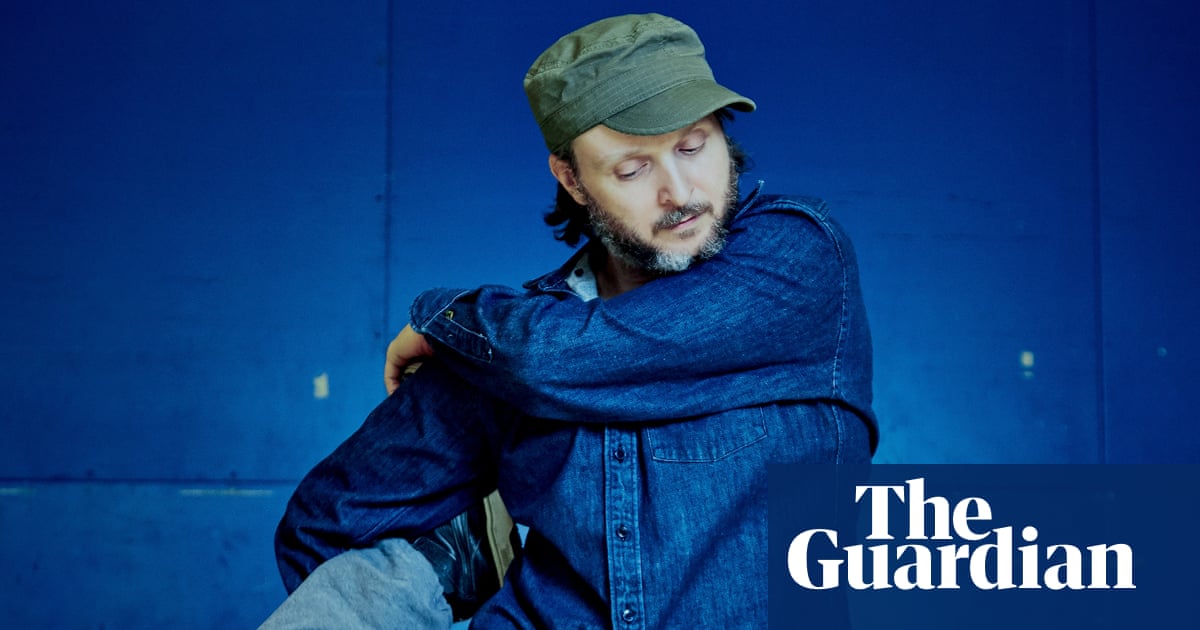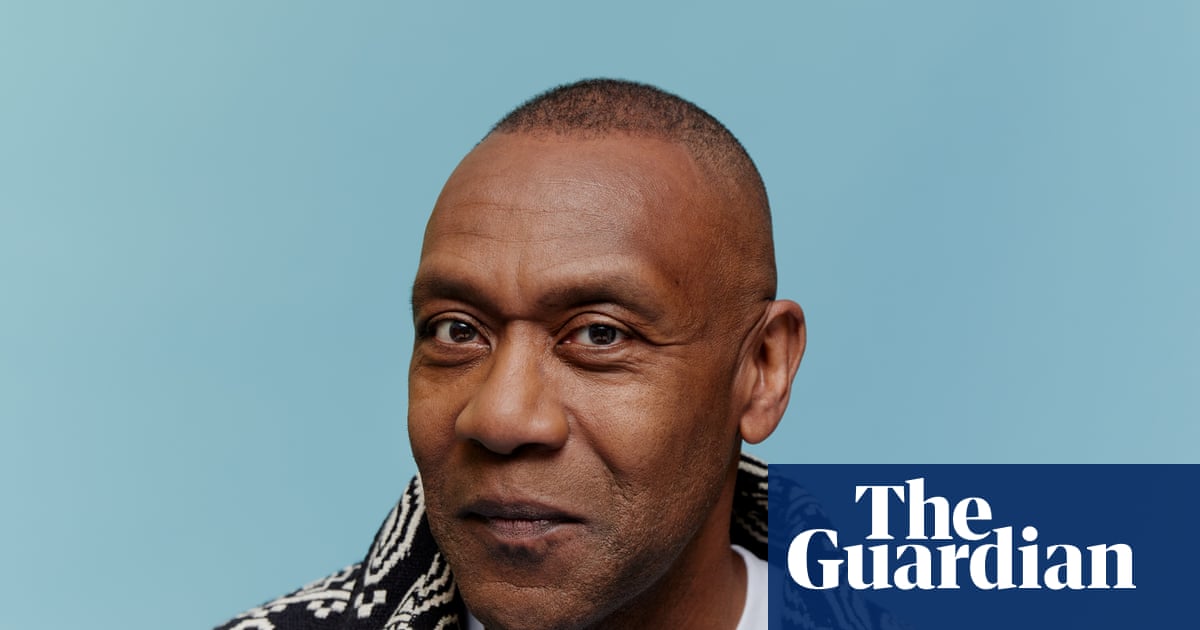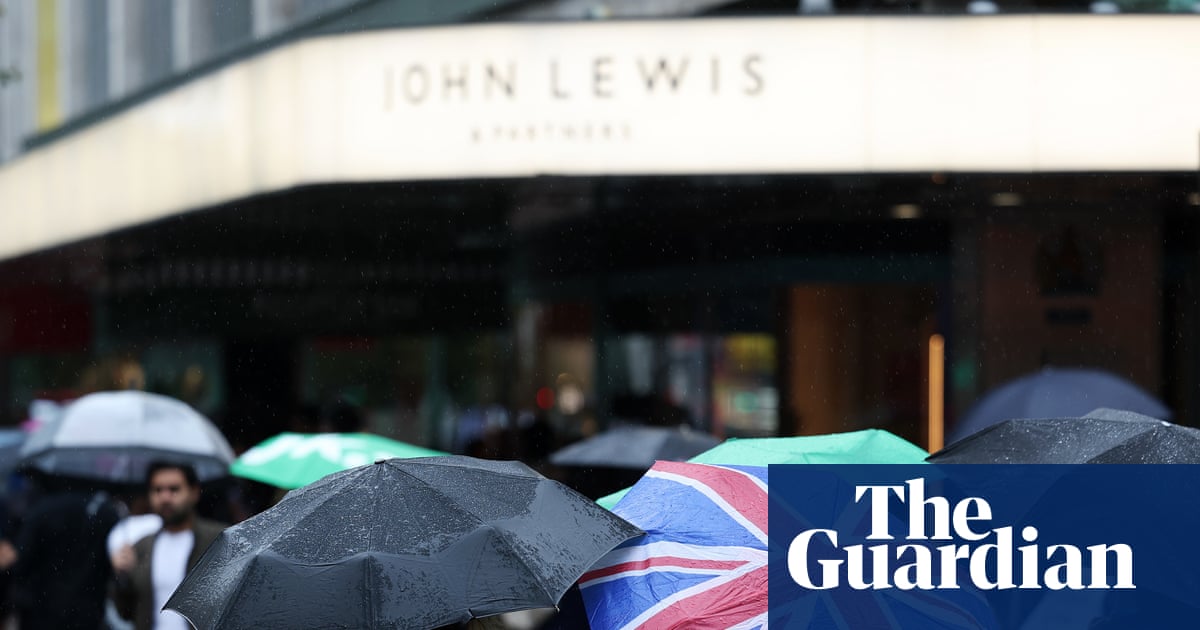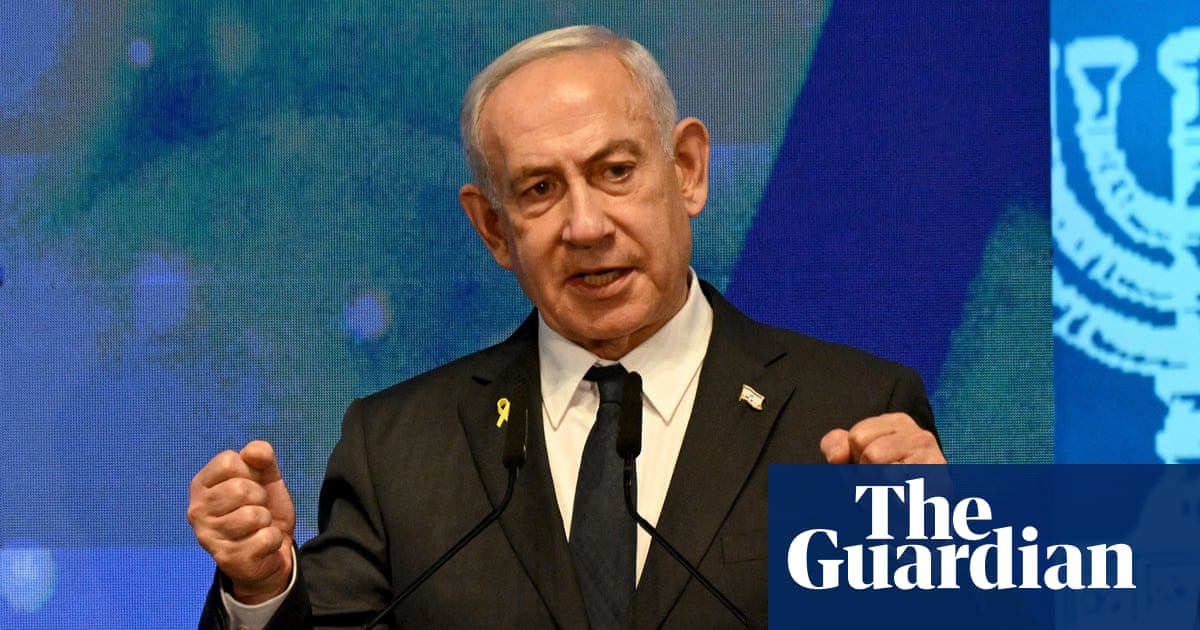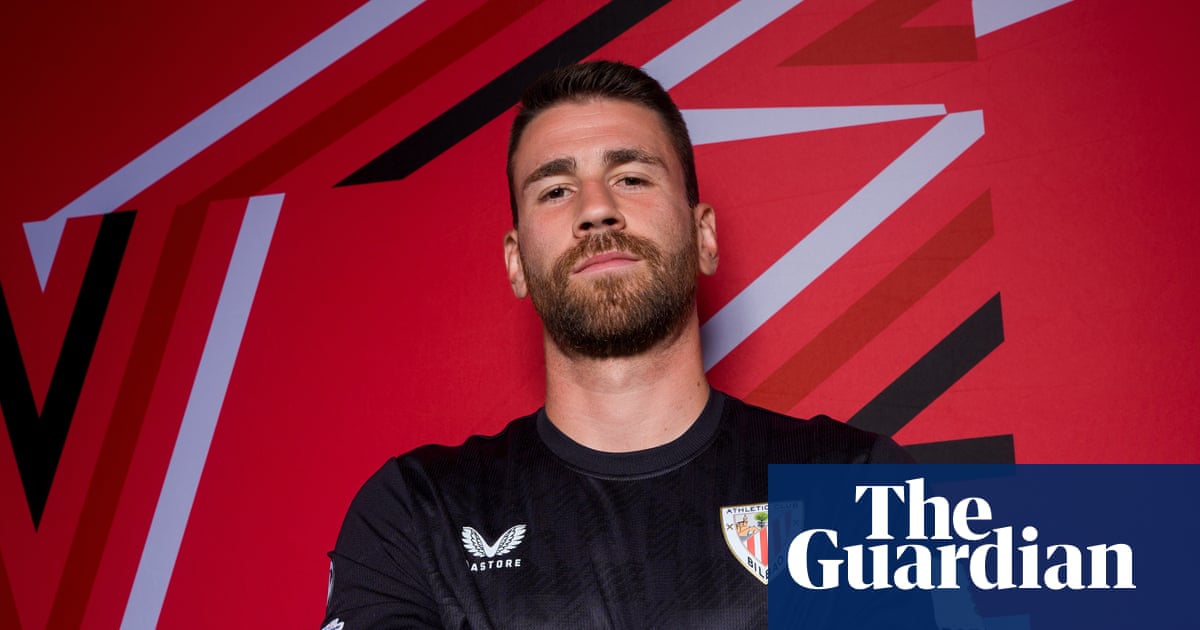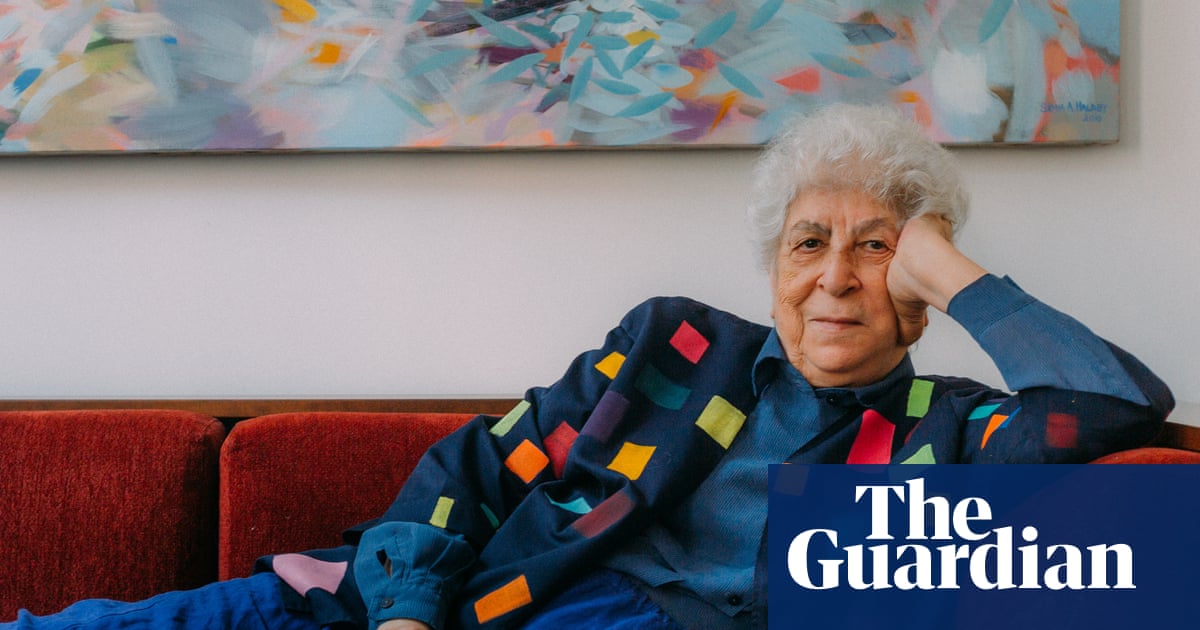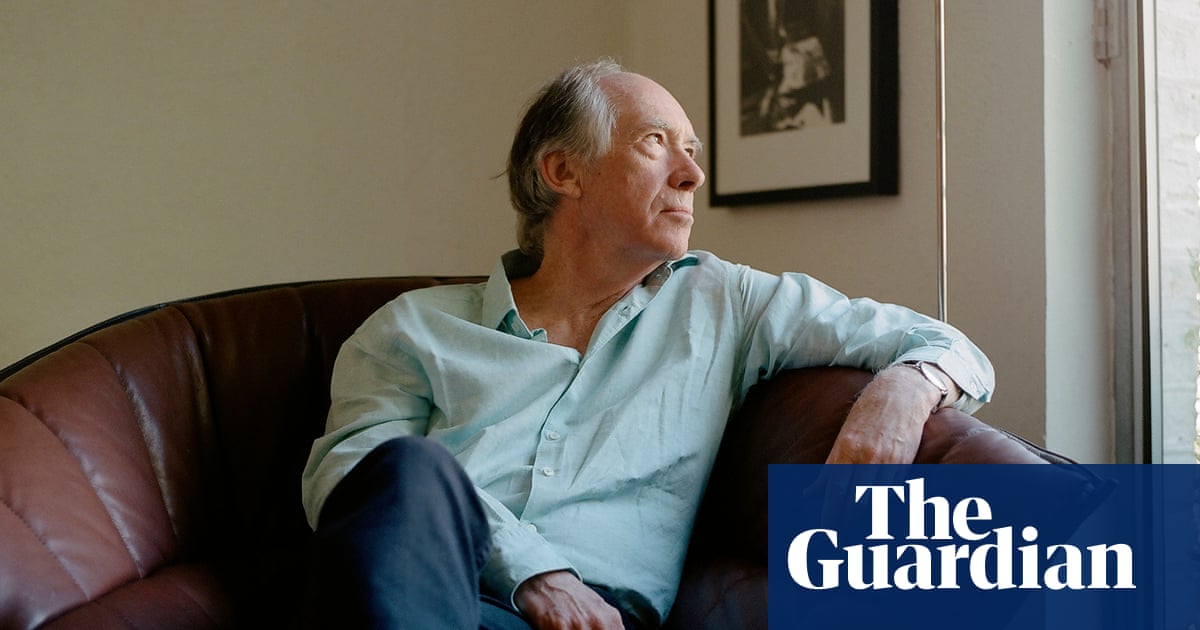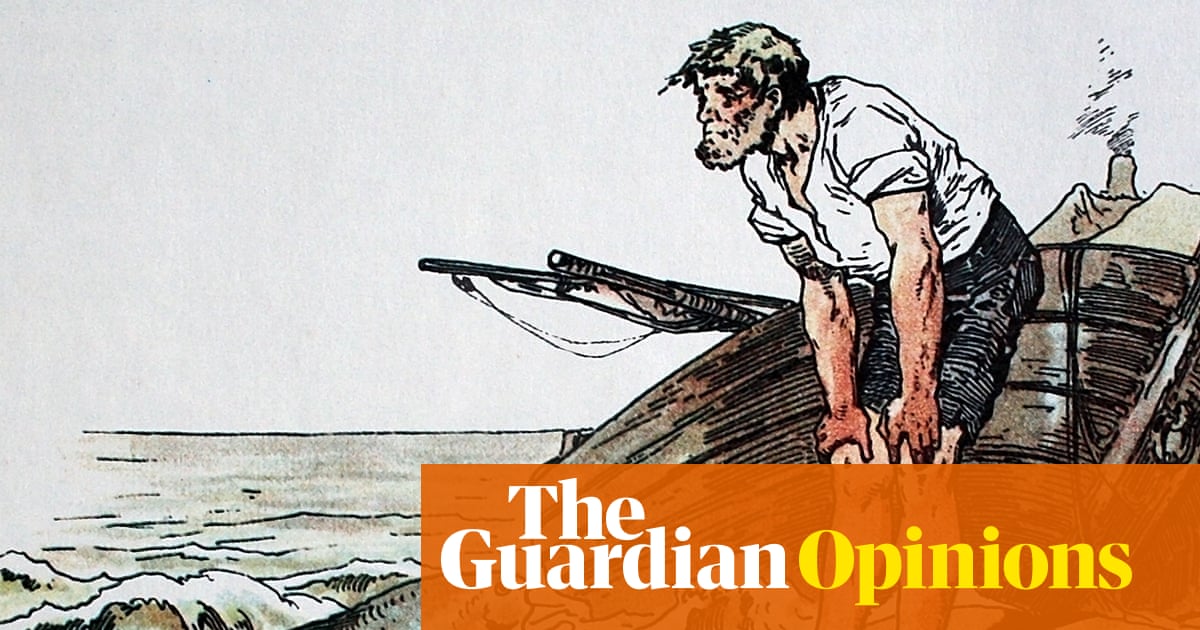David Lawrence loved to dance. As a teenager he would move to northern soul, hitching his way from Gloucester to Wigan Casino, a change of clothes in the bag, life beginning at midnight. Then came his time as a powerful fast bowler with Gloucestershire, where he was bestowed the nickname Syd, his reward an England debut against Sri Lanka at Lord’s in 1988.
He took a five-wicket haul in August 1991 against West Indies at the Oval, the ground he had visited as a 12-year-old to see Michael Holding fly and where he recognised that this would be his calling, too. Less than six months later, playing his fifth Test, Lawrence thundered through the crease in Wellington and snapped a kneecap. A crack and haunting shriek spelled the end of his career. He was 28.
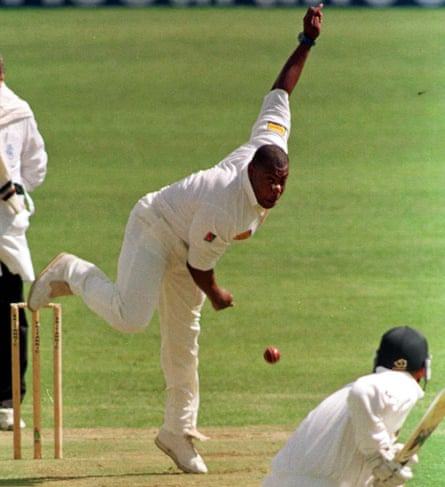
There was a short-lived county comeback in 1997, and Lawrence remained a man on the move. As a hands-on nightclub owner in Bristol he would do his own doors, fitting for someone who also found joy in middle age as a bodybuilder. But horror came in June 2024 after months of uncertainty, with his legs failing him after knee replacement surgery the previous year. Lawrence was diagnosed with motor neurone disease, a terminal, unrelenting condition that leads to muscles wasting away. “With those three words my heart hit the floor and then it seemed like my body fell with it,” he writes.
The words come from his autobiography, In Syd’s Voice, published this month and written with the help of Dean Wilson, previously the Daily Mirror’s cricket correspondent. The pair had begun discussing a book in 2022 but the disease prompted action, with Lawrence recognising he would soon lose the ability to speak.
Wilson initially wondered if Lawrence still wanted to tell his story after the diagnosis, perhaps wanting to keep his situation private. “I was waiting to be guided by him,” says Wilson. “I was just chatting to him as a friend, offering him some support, someone to talk to. Until we got to the point in August, maybe September where he said: ‘Right, I want to do this, let’s get writing, we haven’t got much time anymore. I’m going to lose my voice, I know it’s coming, and I want to get my story out there.’ From that point on it really was a race to get it done.”
The pair spoke from September through to December for the book. “The last interview I did with him for it was early December and his voice is really, really weak, lots of gaps between words, really difficult to make out what he was saying. By that stage, I felt we’d got enough material for the book. It was getting too hard for him.”
But Lawrence’s voice still carries through each page. One of the first Black cricketers to play for England, he details how quickly racism entered his life and playing career. There was the banana skin left outside his hotel room door by a teammate when he was playing for Gloucestershire’s second team, leading to tears, loneliness and a decision to bulk up in the gym. “People would have to think twice about coming for me because there might just be something stronger coming back in their direction,” he writes.
There was the murkiness of English cricket in the 80s as players became rebel tourists of apartheid South Africa. The touring party in early 1990 included player-manager David Graveney, who had captained Lawrence at Gloucestershire. “He never said a word about what he was up to, which was bitterly disappointing,” writes Lawrence. “Maybe he knew that I would have told him how awful I thought it was to try to normalise cricket in a country that wasn’t normal.”
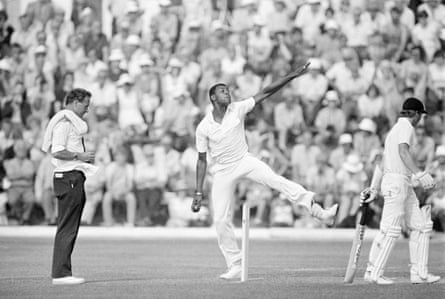
The paradox is that this was the period in which Black representation within the England men’s side peaked, Lawrence’s international career overlapping with Devon Malcolm, Gladstone Small and Chris Lewis. “In those days, it sort of seemed and felt quite normal,” says Wilson. “It didn’t seem like it was an unusual thing for Black people to be really successful at cricket and playing for England.” Black communities in the game would be pushed away in subsequent years, an issue that has only recently begun to attract attention and action.
Gloucestershire apologised to Lawrence in 2021 after he spoke about his experiences with racism, and he was named club president the following year. He was present for the county’s victory at T20 Blast finals day last September, confined to his wheelchair but still part of the celebrations, tearful as James Bracey passed him the trophy, the pictures taken deeply affecting.
after newsletter promotion
Lawrence is vivid in describing his deterioration. The struggle to swallow, the dream he has every night about walking, how he uses his eyes to speak through a computer. He explains how time is no healer in this fight. “I’ve definitely not cried over anything professionally as much as this,” says Wilson.
“Every day is a battle just to want to carry on,” says Lawrence’s son, Buster, who moved his wedding forward last year so David could speak at it. “I don’t know how he does it some days but that’s just him. He hasn’t got much quit in him. It’s sad and amazing to see the bravery he’s showing.”
In Syd’s Voice - The Extraordinary Life of Dave Lawrence is out now and available at www.fairfieldbooks.co.uk. A minimum of £0.50, evenly split between the MND Association and the Cricketers’ Trust, will be donated for every copy sold.
-
This is an extract from the Guardian’s weekly cricket email, The Spin. To subscribe, just visit this page and follow the instructions.

.png) 2 months ago
34
2 months ago
34
